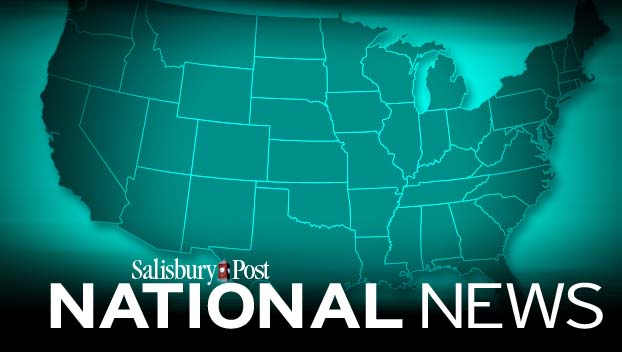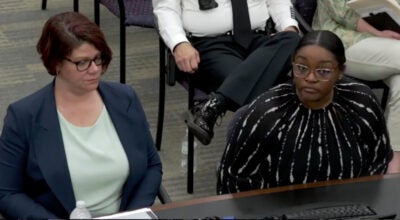Poll finds nearly half of Americans say lost jobs won’t return
Published 12:00 am Saturday, July 25, 2020
By Josh Boak and Emily Swanson
Associated Press
WASHINGTON (AP) — Nearly half of Americans whose families experienced a layoff during the coronavirus pandemic now believe those jobs are lost forever, a new poll shows, a sign of increasing pessimism that would translate into roughly 10 million workers needing to find a new employer, if not a new occupation.
It’s a sharp change after initial optimism the jobs would return, as temporary cutbacks give way to shuttered businesses, bankruptcies and lasting payroll cuts. In April, 78% of those in households with a job loss thought they’d be temporary. Now, 47% think that lost job is definitely or probably not coming back, according to the latest poll from The Associated Press-NORC Center for Public Affairs Research.
The poll is the latest sign the solid hiring of May and June, as some states lifted stay-at-home orders and the economy began to recover, may wane as the year goes on. Adding to the challenge: Many students will begin the school year online, making it harder for parents to take jobs outside their homes.
“Honestly, at this point, there’s not going to be a job to go back to,” said Tonica Daley, 35, who lives in Riverside, California, and has four children ranging from 3 to 18 years old. “The kids are going to do virtual school, and there is no day care.”
Daley was furloughed from her job as a manager at J.C. Penney, which has filed for bankruptcy protection. The extra $600 a week in jobless benefits Congress provided as part of the federal government’s coronavirus relief efforts let her family pay down its credit cards, she said, but the potential expiration or reduction of those benefits in August would force her to borrow money to get by.
The economy’s recovery has shown signs of stalling amid a resurgence of the coronavirus. The number of laid-off workers seeking jobless benefits rose last week for the first time since March, while the number of U.S. infections shot past 4 million — with many more cases undetected.
The poll shows that 72% of Americans would rather have restrictions in place in their communities to stop the spread of COVID-19 than remove them in an effort to help the economy. Just 27% want to prioritize the economy over efforts to stop the outbreak.
“The only real end to this pandemic problem is the successful application of vaccines,” said Fred Folkman, 82, a business professor from Long Island, in New York.
About 9 in 10 Democrats prioritize stopping the virus, while Republicans are more evenly divided — 46% focus on stopping the spread, while 53% say the economy is the bigger priority.
President Donald Trump and Congress have yet to agree to a new aid package. Democrats, who control the House, have championed an additional $3 trillion in help, including money for state and local governments. Republicans, who control the Senate, have proposed $1 trillion, decreasing the size of the expanded unemployment benefits.




